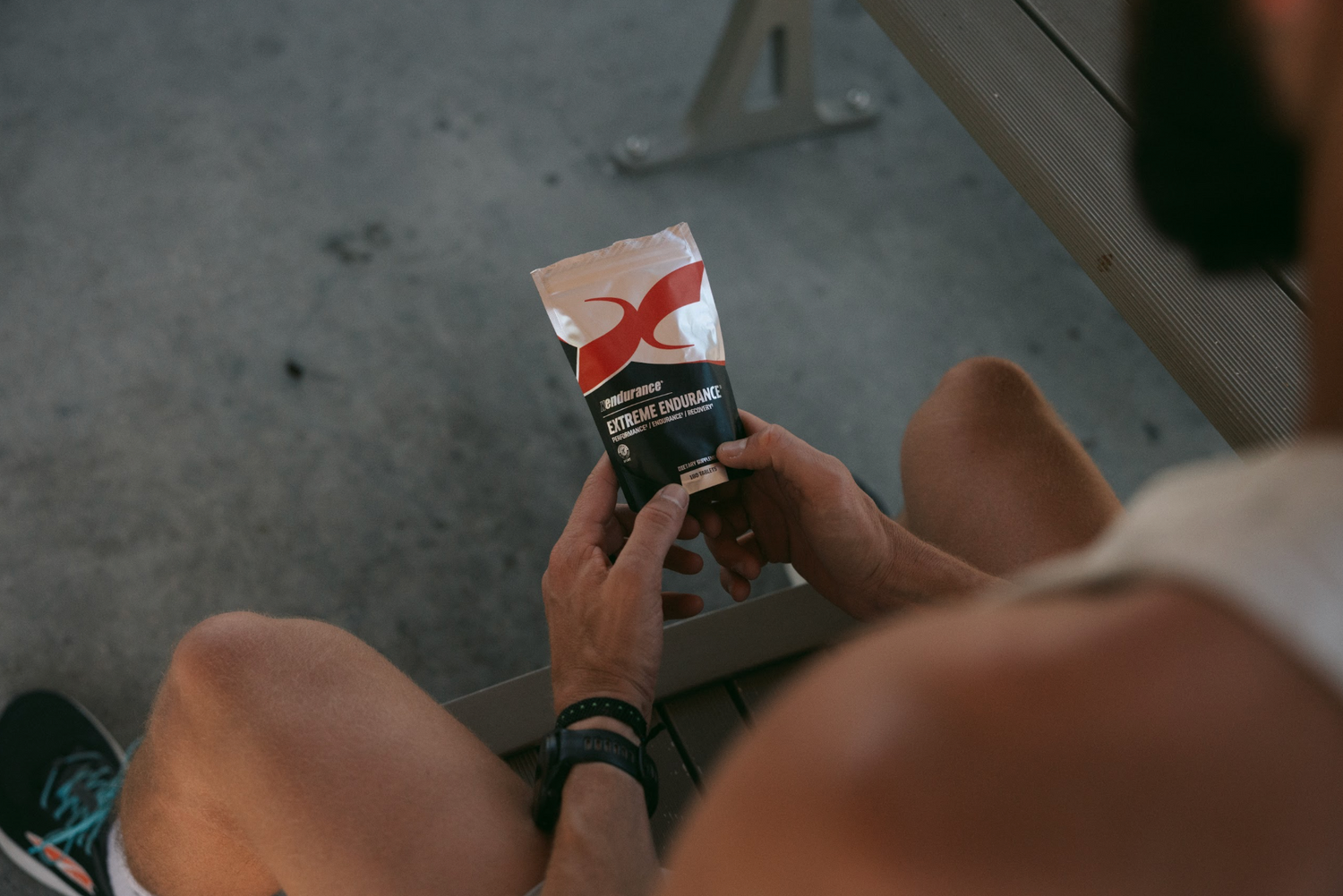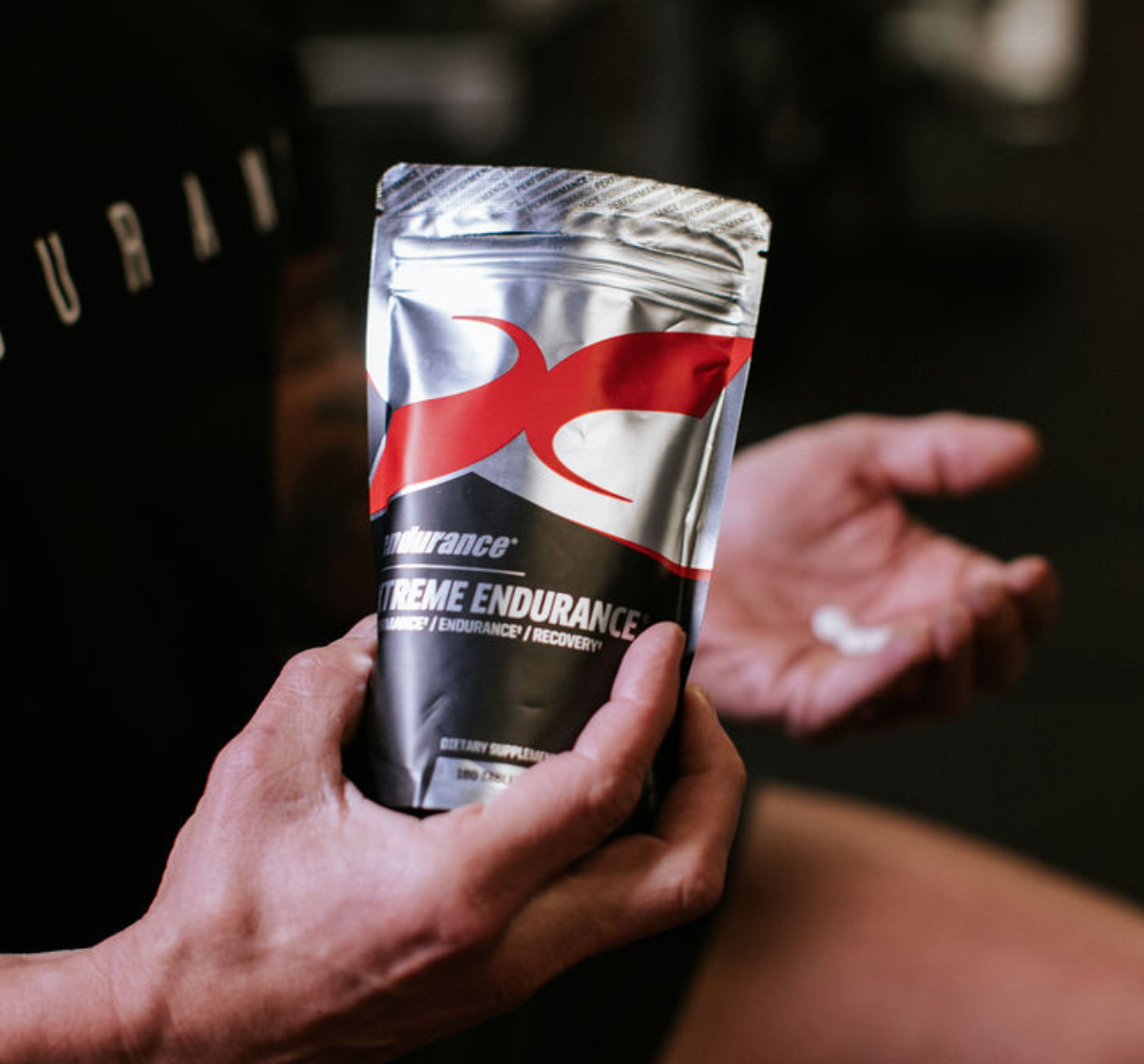Imagine waking up every day feeling inexplicably drained, your skin showing premature wrinkles, your joints aching more than they should, and a nagging fog clouding your thoughts. What if the culprit isn't just "getting older" or a bad night's sleep, but a silent, insidious process ravaging your cells from the inside out? Oxidative stress (OS) is that hidden enemy—a biochemical imbalance that's accelerating aging, fueling chronic diseases, and potentially shaving years off your life. Often overlooked in routine health checkups, OS isn't some rare affliction; it's a daily reality amplified by modern lifestyles filled with pollution, processed foods, chronic stress, and overtraining. If you're not informed about OS, you're leaving your health to chance, allowing free radicals to wreak havoc unchecked. But knowledge is power—understanding this threat could be the key to reclaiming vitality and longevity.
What Is Oxidative Stress?
At its core, oxidative stress occurs when there's an imbalance between free radicals—unstable molecules produced during normal bodily processes like metabolism—and antioxidants, the body's natural defenders that neutralize them. Free radicals, also known as reactive oxygen species (ROS), are generated in mitochondria, the powerhouses of our cells, as a byproduct of energy production. While small amounts of ROS are essential for cell signaling and immune responses, excessive levels lead to cellular damage.
Think of it like a car engine: It runs efficiently with controlled combustion, but if the exhaust system fails, toxic fumes build up, corroding everything in sight. Internal sources of OS include inflammation, infections, and even emotional stress, which depletes antioxidant reserves.
External triggers are rampant in 2025's world—air pollution from urban sprawl, UV radiation intensified by climate change, smoking (still a global issue), and diets heavy in sugars and processed oils that spike ROS production.
Biochemically, ROS attack lipids in cell membranes (causing peroxidation), proteins (altering their function), and DNA (leading to mutations). This damage accumulates over time, much like compound interest in reverse—small daily insults add up to major health deficits. In a 2025 review, scientists emphasized that OS isn't just a symptom but a root cause in many pathologies, underscoring its systemic reach.
Why Oxidative Stress Is Harmful to Health, Aging, and Disease
The harm from OS is profound and multifaceted, infiltrating every aspect of health. On a cellular level, it triggers inflammation, a double-edged sword: Acute inflammation fights invaders, but chronic OS-fueled inflammation erodes tissues, leading to pain, fatigue, and weakened immunity. This sets the stage for a cascade of issues, from everyday malaise to life-threatening conditions.
In terms of aging, OS is a primary accelerator. The "free radical theory of aging," proposed decades ago and refined in recent studies, posits that cumulative ROS damage shortens telomeres (protective DNA caps), impairs mitochondrial function, and promotes senescence—cells that stop dividing but linger, spewing inflammatory signals.
A 2025 Nature article highlights mitochondria as "central hubs" where OS drives inflammation and aging, contributing to frailty and reduced lifespan. Visibly, this manifests as wrinkles from collagen breakdown, gray hair from melanocyte damage, and cognitive decline as brain cells succumb to neurodegeneration.
Disease-wise, OS is implicated in a rogue's gallery of modern plagues. Cardiovascular diseases arise when ROS oxidize LDL cholesterol, forming plaques that clog arteries. In diabetes, OS exacerbates insulin resistance and beta-cell destruction. Neurodegenerative disorders like Alzheimer's and Parkinson's involve OS-induced protein misfolding and neuronal death. Cancer thrives under OS, as DNA mutations promote uncontrolled growth, though paradoxically, targeted OS can suppress certain tumors.
Overall, OS shortens life by fueling these age-related diseases, with estimates suggesting it contributes to 90% of chronic illnesses. Ignoring it means accepting accelerated decline—knowledge empowers prevention.
How Exercise Plays a Part in Oxidative Stress
Exercise is a paradox in the OS story: It both induces and combats it. During physical activity, especially intense sessions, muscles demand more oxygen, ramping up mitochondrial ROS production. This "exercise-induced OS" can cause temporary fatigue, muscle soreness, and inflammation if unchecked.
High-intensity workouts like HIIT or prolonged endurance activities spike ROS, potentially damaging muscle fibers and delaying recovery. A 2025 study in Frontiers found that exhaustive exercise overproduces ROS, leading to oxidative damage, but moderate exercise enhances antioxidant defenses via hormesis—a beneficial stress response that builds resilience.
Positively, regular exercise upregulates enzymes like superoxide dismutase (SOD) and catalase, neutralizing ROS and improving mitochondrial efficiency. In older adults, moderate routines reduce systemic OS, lowering inflammation markers by up to 71%. However, overtraining without recovery amplifies OS, especially in those with conditions like hypertension or post-viral fatigue.
A 2025 BMC study on cancer patients showed structured exercise reduces OS biomarkers, improving survival. The key is balance: Exercise is an ally against OS when dosed right, but a foe when excessive.
How to Fight Back Against Oxidative Stress
Fighting OS requires a multifaceted approach, starting with lifestyle tweaks and bolstered by science-backed interventions. Diet plays a pivotal role—opt for antioxidant-rich foods to tip the scales. The Mediterranean diet, loaded with fruits, vegetables, nuts, and olive oil, reduces OS markers like lipid peroxidation. Berries (high in flavonoids), spinach (vitamin E), and fatty fish (omega-3s) neutralize ROS. Avoid OS triggers like sugary foods and seed oils, which exacerbate inflammation. A 2025 study links plant-based diets to lower OS and inflammation, promoting longevity.
Supplements amplify these efforts when diet falls short. Vitamin C (500–1,000 mg/day) regenerates antioxidants and reduces OS in diabetes and exercise stress. Vitamin E (400–800 IU/day) protects cell membranes, synergistic with C. CoQ10 (100–300 mg/day) boosts mitochondrial function, aiding heart health. NAC (600–1,200 mg/day), a glutathione precursor, detoxifies cells and supports recovery. Selenium (55–200 mcg/day) enhances enzyme activity. Polyphenols like curcumin (500–1,000 mg/day) inhibit ROS.
Spotlight on Xendurance's Extreme Endurance: This supplement targets exercise-induced OS with a blend of calcium carbonate (for muscle strength), papain (anti-inflammatory), magnesium (muscle function), black pepper fruit (antioxidant and absorption enhancer), and minerals like selenium, chromium, and potassium. Backed by 12 clinical and open-label studies, including gold-standard trials, it reduces OS by 39% in 10 days, lactic acid by 26%, and creatine kinase by 6x for faster recovery. A 2016 double-blind study on athletes showed enhanced stamina and reduced muscle trauma. The science: Ingredients like black pepper's piperine boost antioxidant activity, while magnesium mitigates OS during workouts.
Lifestyle adds layers: Moderate exercise builds resilience, sleep restores antioxidants, and stress management via meditation curbs cortisol-driven OS.
Why OS Should Be Understood and Why Everyone Should Reduce It
Understanding OS is crucial because it's modifiable—unlike genetics, you control many triggers. In 2025, with rising pollution and sedentary lives, OS is epidemic, yet awareness lags. Reducing it isn't optional; it's essential for vibrant health, delaying disease, and extending life. By educating yourself and acting—through diet, exercise, and supplements like Extreme Endurance—you invest in a future free from preventable decline. Don't let this hidden threat shorten your life; unmask it, fight back, and thrive.









コメントを書く
このサイトはhCaptchaによって保護されており、hCaptchaプライバシーポリシーおよび利用規約が適用されます。